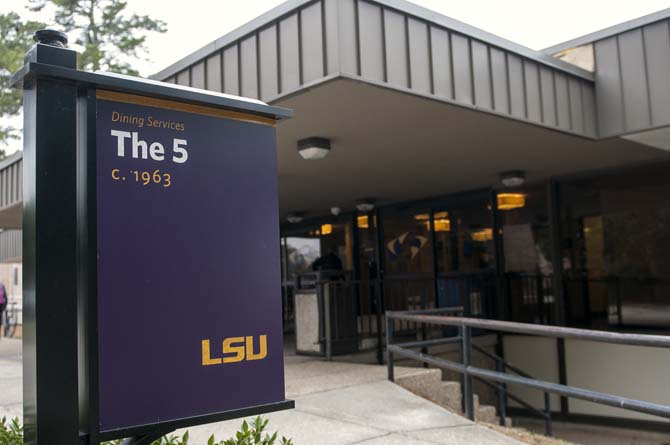College students know about the notorious “freshman 15,” but according to a recent study published in the American Journal of Preventative Medicine, the actual average weight gain of college freshmen is significantly lower than the fabled 15.
The “Freshman 15” originated in a study from the 1980s that reported “University women were found to gain a mean of 0.73 pounds/month, 36 times faster than community women.” A new study, Change in Weight and Adiposity in College Students, shows these numbers are not true.
According to the new study, between 1985 and 2006, more than 300 articles were published on the phenomenon of weight gain in college students.
The authors of the new study reviewed 67 peer-reviewed articles published between 1960 and 2013 for changes in body weight and percent body fat to gather data on weight gain in college students.
The review found that university students gained about 1.55 kg, or 3.42 pounds, and a 1.17 percent increase in body fat. It also discovered weight gain during the first year of college was significantly less than weight gain during the remaining years of college.
“These results suggest that the ‘Freshman 15’ may not pose a significant risk to students’ health, but unhealthy behaviors throughout college may lead to unfavorable changes in body weight, as weight change does not appear to stabilize as previously reported,” according to the study.
Danielle Webb, a sociology and criminology senior, said she thinks the transition from high school to college causes students to gain weight.
“I think that the adjustment that you have to make coming out of high school makes you gain weight alone,” Webb said. “In the cafeterias, if you’re trying to make friends, or if you just met a new friend, you aren’t going to just go into the cafeteria, stay for five minutes and leave. You are going to sit down and converse with people. That causes weight gain because if they keep eating, you’re going to keep eating.”
Drew Senegal, a sociology and English senior, thinks weight gain is because of college’s stressful environment.
“In college, you are under a lot of stress with exams and the workload that you have to do,” Senegal said. “That stress basically effects how you eat, when you eat and the things you do eat.”
Leanne Redman, a women’s health researcher at Pennington Biomedical Research Center, said weight gain in older college students may be related to students’ poor health habits.
“They can’t drink beer as freshmen, or they’re not supposed to because they aren’t 21,” Redman said. “Alcohol’s hidden calories, but when people drink, they tend to eat. They get back from the bar, and then they pig out. They go to places on the way home and get greasy food and then the hangover food.”
The study said weight gain is not restricted to young adults in college.
“The changes in weight and adiposity in college students appear to parallel those for other non-college-attending young adults of the same age, suggesting that the freshman year may not represent one isolated period but a tipping point in weight management behavioral patterns of many adolescents that carries into adulthood.”
Some University students haven’t noticed weight gain in their peers.
“I have lost weight,” said Courtney Rossi, a pre-nursing freshman. “I don’t have a car, so I can’t go grocery shopping, so I just eat cereal and I don’t eat anything substantial.”
Haley Gurievsky, a biology freshman, said she thinks studying keeps people from eating too much food.
“You’re so focused on these things you have to do, eating is not your top priority,” Gurievsky said.
Redman said students need to maintain the eating habits they developed at home as they move out on their own.
“The take-home thing is that good habits start at home,” Redman said. “They’ve got to listen to the nagging voice inside their head of their mother telling them to eat their vegetables because whether they’re going to be on their own their freshman year, sophomore year, junior or senior year, eventually everybody is going to end up on their own, and eventually everybody has to be their nutrition gatekeeper for themselves.”
Study shows “Freshman 15” myth is false
October 22, 2014
February is citrus month for LSU Dining.
More to Discover










